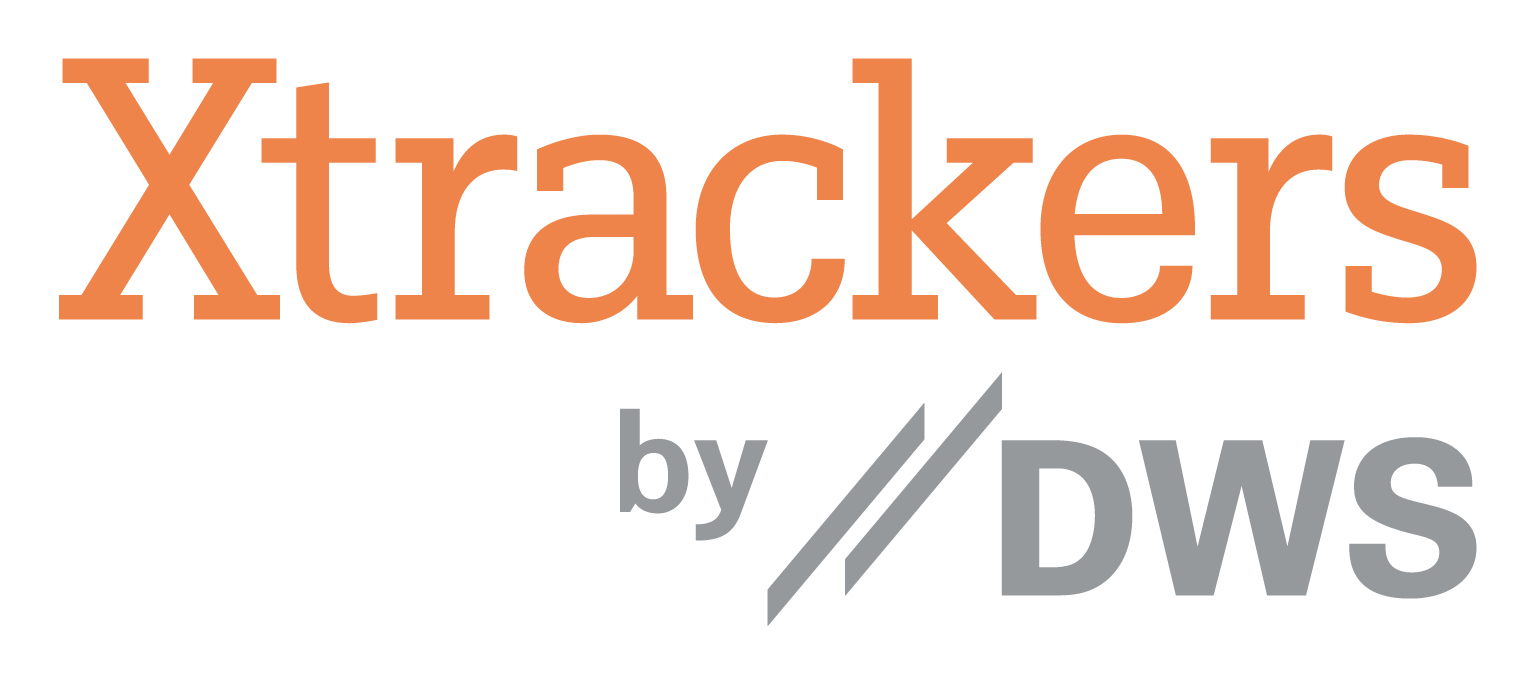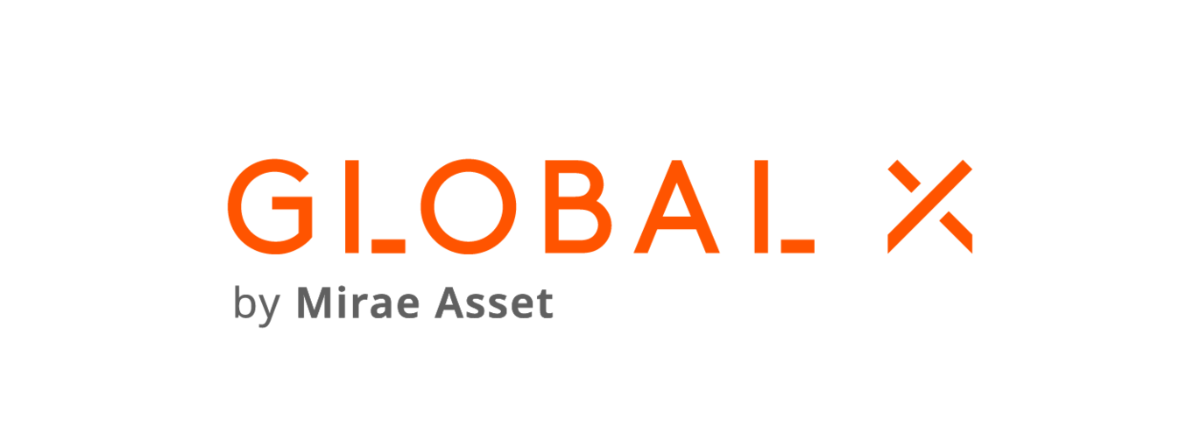In a year marked by cautious optimism and central banks transitioning from rate pausing to rate cuts, the top and worst-performing ETFs largely mirrored the trends of the previous year as tech and blockchain ETFs continued their ascent.
Tech ETFs continued to outperform with companies in the sector continuing to beat earnings expectations. Additionally, investor focus is increasingly shifting toward companies involved in AI software and computer chip production.
The rise of AI meant that Nvidia – the poster child of the early build-out of the theme – saw its share price double in 2024.
Meanwhile, blockchain ETFs yet again found themselves in a sweet spot. Interest rate cuts, spot bitcoin ETF approvals in the US and Donald Trump’s crypto advocacy have all helped bitcoin to soar to fresh all-time-highs, in turn boosting blockchain ETFs in 2024.
Although central banks began implementing interest rate cuts this year, which could have bolstered clean energy ETFs, the theme has yet to fully recover, sitting among last year’s worst-performing ETFs for the second year in a row.
However, the theme did see some respite in May after major developments in both China and the US boosted the sector.
Brazil ETFs were also the worst performing in 2024, with the region stung by negative investor sentiment caused by the country’s approach to public spending.
Tech dominates
Tech ETFs dominated the charts for the best performing ETFs in 2024 as ‘magnificent seven’ constituents continued their rapid ascent.
Strong momentum was illustrated with Q2 earnings growth for the tech sector standing at 20% year-on-year, compared to 5% for non-tech sectors, according to a report from BlackRock.
The stellar gains seen in the tech sector were also met with some trepidation as to the longevity of the rally. Nonetheless, the Invesco US Technology Sector UCITS ETF (XLKS) saw 41.9% returns across the year, owing to a hefty 21.7% weighting to Nvidia.
The iShares S&P 500 Information Technology Sector UCITS ETF (IUIT) returned 39%, led by its exposure to US mega cap names, while the Xtrackers MSCI USA Information Technology UCITS ETF (XUTC) followed suit with 37% returns in 2024.
Blockchain ETFs continue ascent
The Securities and Exchange Commission (SEC) approval of spot bitcoin ETFs on 10 January has buoyed the success of cryptocurrencies and subsequently blockchain ETFs across 2024.
Some industry experts view bitcoin's recent price peaks as just the beginning. Speaking at ETF Stream’s ETF Ecosystem Unwrapped 2024, Michael Howell, managing director of CrossBorder Capital, expects bitcoin to hit $250,000 over the next three to five years as faith dwindles in the US Treasury market.
The VanEck Crypto and Blockchain Innovators UCITS ETF (DAPP) returned 58.2% across the year. The same ETF returned of 283.3% in 2023.
Meanwhile, the WisdomTree Blockchain UCITS ETF (WBLK) followed suit, returning 54.8% last year.
Clean energy continues slump
For the second year in a row, clean energy ETFs were among the worst performers.
Despite issues around oversupply and interest sensitivity impacting returns for the megatrend, a rebound was seen in May when developments in China and the US boosted the sector.
Namely, China’s move to address issues within its solar industry and a $1.7bn loan guarantee from the US government to hydrogen developer Plug Power temporarily buoyed clean energy ETFs.
However, these gains did not make a dent in overall returns for the year, with the Invesco Solar Energy UCITS ETF (ISUN) slumping 36.8% across 2024.
The Global X Hydrogen UCITS ETF (HYGG) featured in the worst performers for the second successive year – almost mirroring the previous year's performance by falling 36.9%.
Finally, the WisdomTree Renewable Energy UCITS ETF (WRNW) returned -27.3% in 2024.
Brazil ETFs suffer
Brazil ETFs also peppered the list of worst performing funds of 2024 due to rising fiscal concerns in the country.
This downturn is attributed to a significant rise in Brazil's budget deficit, rising by over R$20bn in one month.
Additionally, the Brazilian real depreciated by 4% against the US dollar, with fiscal challenges eroding investor confidence.
As a result, the Amundi MSCI Brazil UCITS ETF (BRZ), the Xtrackers MSCI Brazil UCITS ETF (XMBD) and the iShares MSCI Brazil UCITS ETF (IDBZ) returned -29.7%, -29.2% and -27.8%, respectively.








